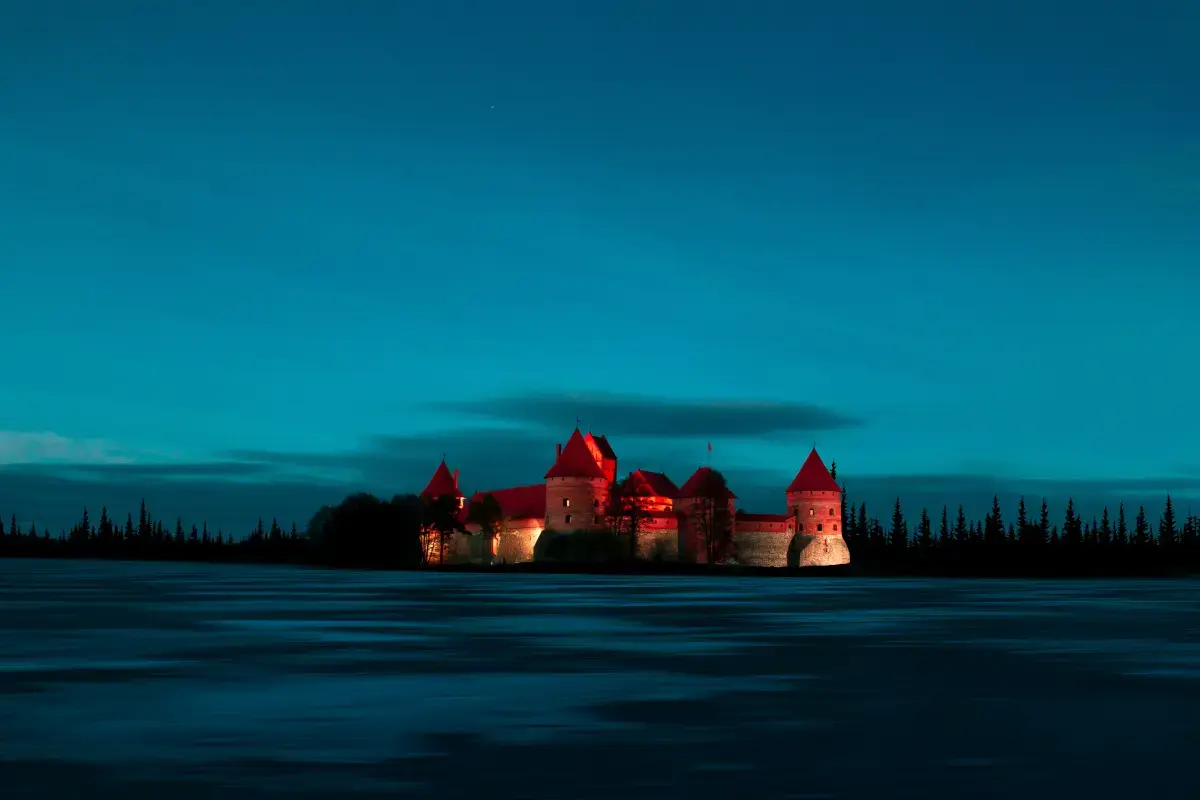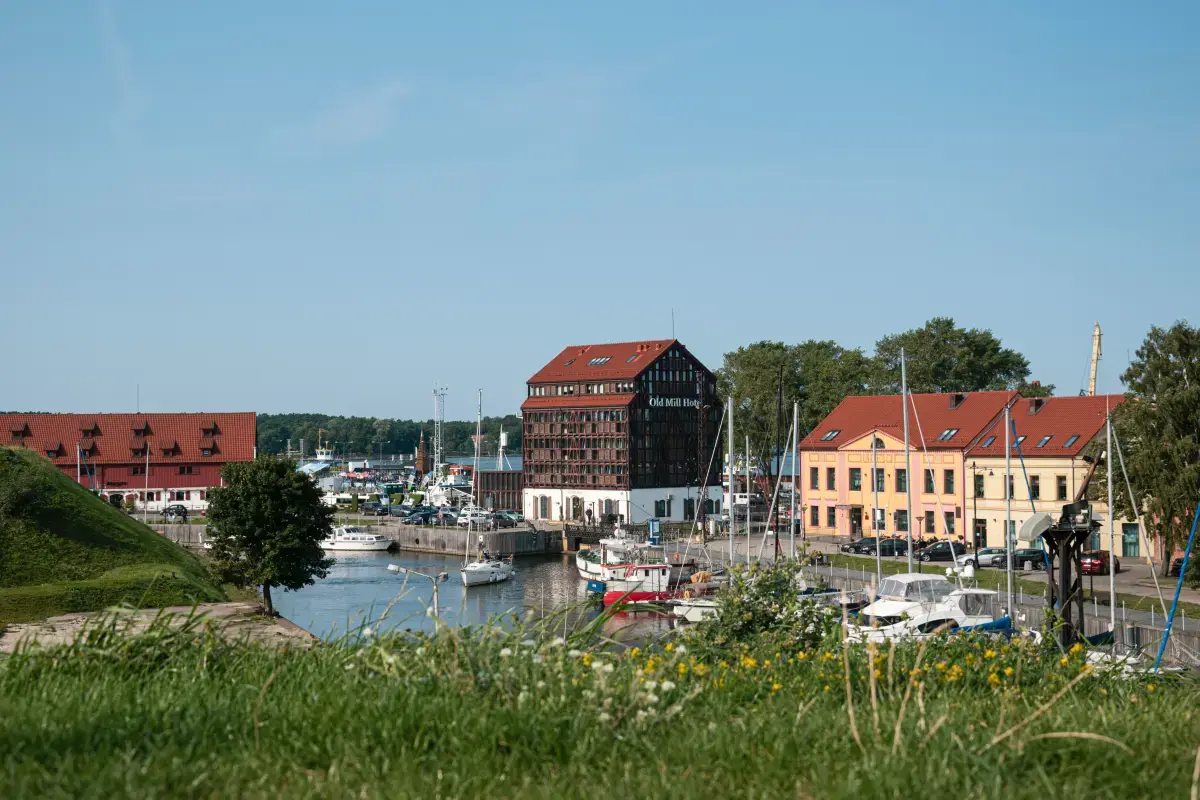- Anesthesiologist
- Obstetrician and Gynecologist
- Psychiatrists
- Surgeons
- General Internal Medicine
- Physicians
- Ophthalmologists
- Orthodontist
- Product Manager
- Artificial Intelligence & Machine Learning (AI/ML) Engineer
- Full-Stack Developer
- Cloud Architect
- DevOps Engineer
- Blockchain Engineer
- Software Architect
- Big Data Engineer
- Internet of Things (IoT) Solutions Architect
- Data Scientist
- Cyber Security Architect
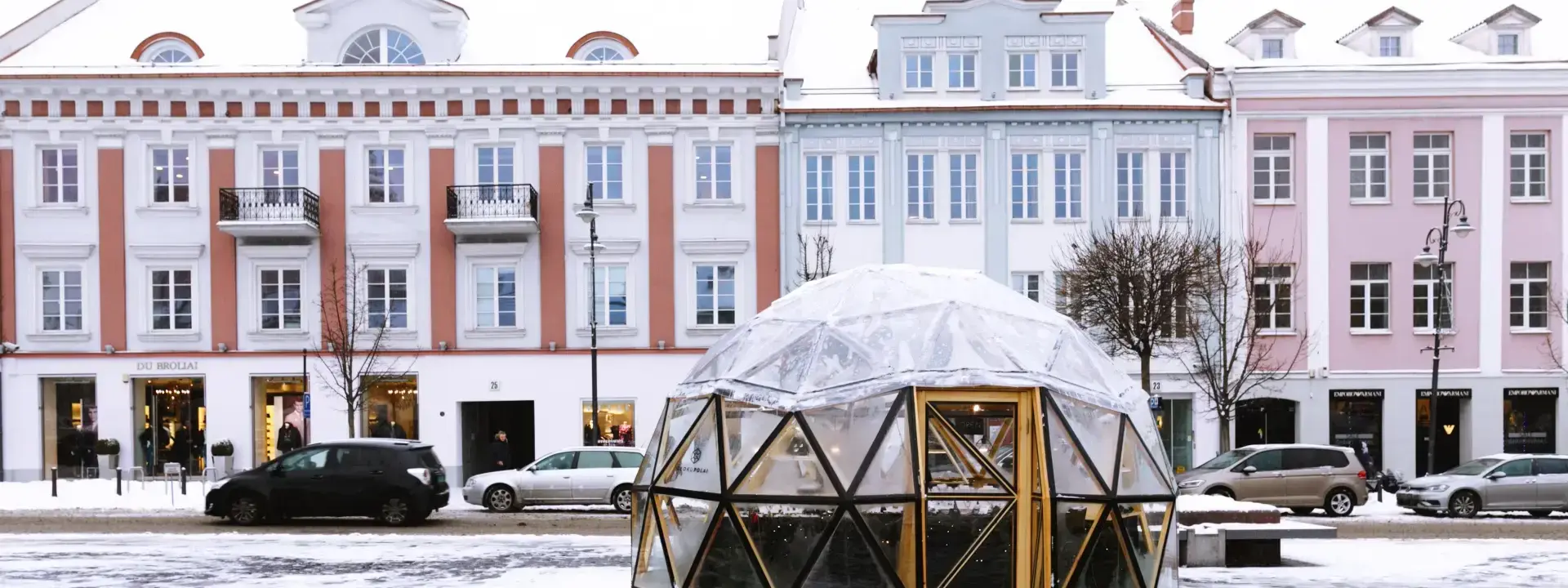
Moving to Lithuania in 2025
Step by step guide on migrating and relocating to Lithuania in 2025?
Use our Guide to find all the moving information you may need if you are thinking of moving or working in Lithuania.
People relocate and move to Lithuania for a number of reasons. The country offers a good quality of life, with a moderate climate and low cost of living. For those looking to work abroad, the country offers a highly educated, young and tech-savvy workforce and a pro-business government. Additionally, Lithuania is a member of the European Union, which has greatly facilitated the relocation of EU nationals to the country. The country also makes a great choice for those who enjoy nature and outdoor activities, with lush forests and unspoiled countryside offering plenty of possibilities for exploration. Lithuania has a vibrant cultural scene, with a rich history and architecture that lends it a unique charm. Above all, the people of Lithuania are incredibly welcoming and will make any newcomer feel right at home. Finally, the cost of living in Lithuania is lower than the average for the European Union. Combined with the relatively low taxes in the country, this makes it a great option for anyone looking to save money while enjoying a high quality of life.
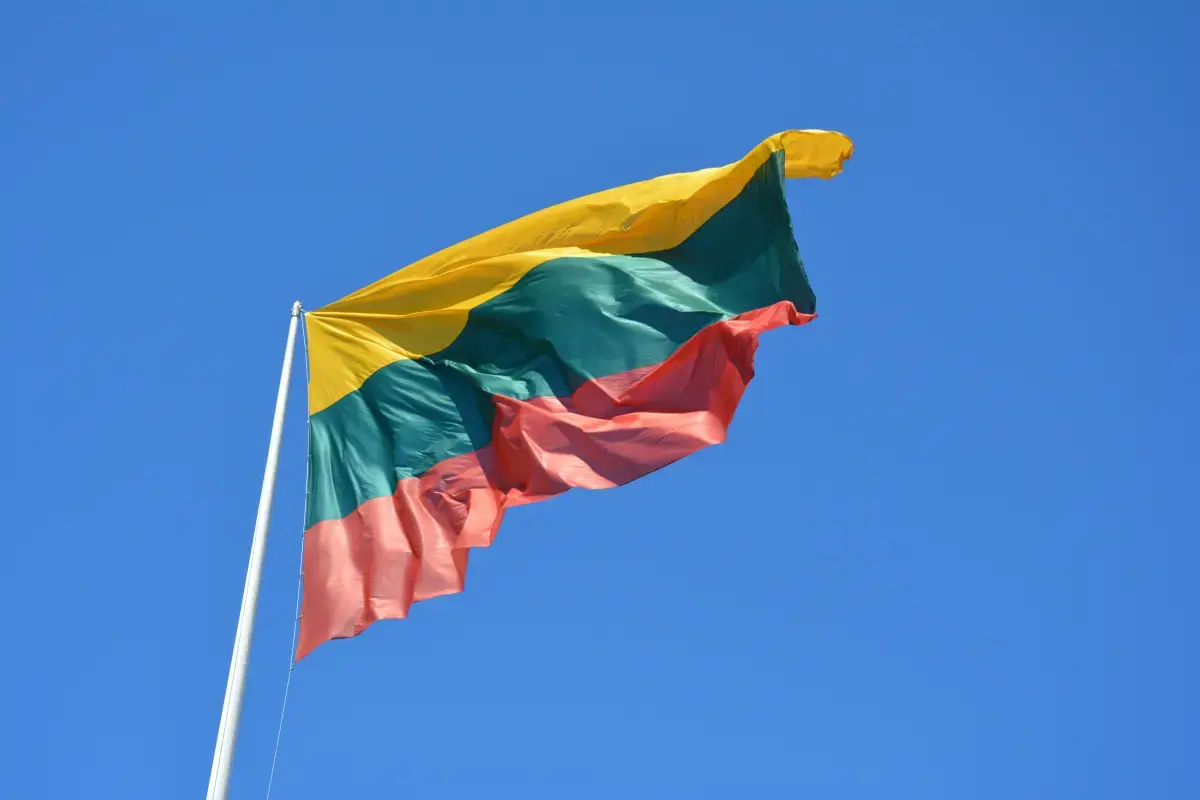
Gigs
Cost of Moving to Lithuania
1. Accommodation Costs: The cost of accommodation in Lithuania can vary widely depending on your needs. Lodging could range from renting an apartment, to a hotel stay or even a hostel. Long-term accommodation is generally cheaper than a hotel or hostel stay. With more expensive options such as furnished apartments going for about 600–900 Euro per month, and smaller studios for about 300–500. 2. Cost of Living: Lithuania has a lower cost of living than most EU countries. A single person living in Vilnius could expect to spend about €900–1,000 a month on essential expenses. This includes rent, groceries, public transport, utilities, and entertainment. 3. Health Care: Lithuania has a national health care system that all its citizens are entitled to. Health insurance is mandatory and must be purchased before arriving in the country. It costs around €150–200 a year, and is paid in monthly installments. 4. Transportation: If you’re planning to travel around Lithuania, you have several options for transportation. The bus and train are the most common, and you can also rent a car or buy a bicycle. Prices will depend on how far you’re traveling, but you’ll likely spend around €400–500 per month on transportation. 5. Visas and Immigration: You may need to apply for a residence permit or a visa depending on your nationality and the length of your stay. The cost of a visa can range from €50 to up to €300 depending on the type of visa you’re applying for. 6. Other Expenses: One-time moving costs such as a security deposit for your accommodation, as well as set up costs such as a phone/internet plan will add to your expenses. Depending on your needs, these one-time costs can range from €300–400.
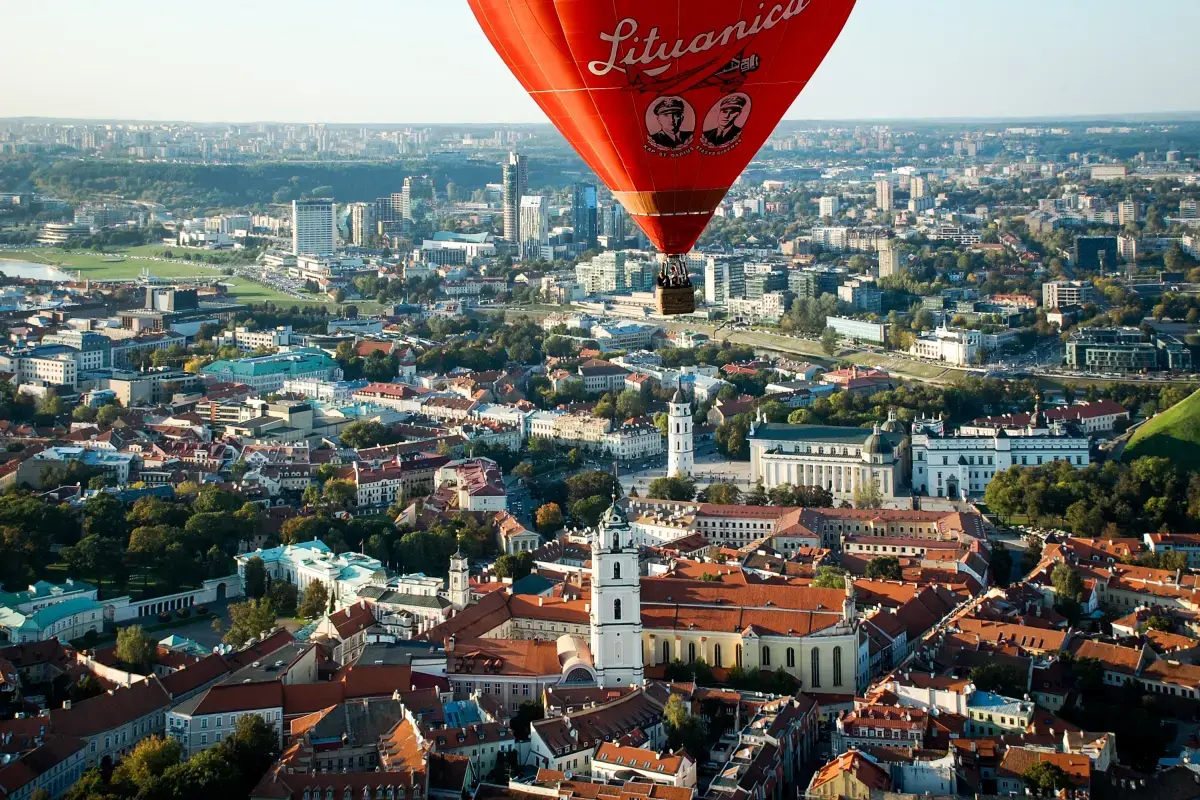
Jobs
Best Jobs in Lithuania
The most popular jobs that migrants moving to Lithuania apply for are typically service and technology oriented jobs. This is because these jobs often come with higher salaries and because there is a high demand for skilled labor due to the country’s booming economy. Software Engineers: Software engineers are in high demand in Lithuania due to the booming technology sector. Salaries for software engineers can range from €1,500 to €3,000 per month depending on experience and qualifications. Web Designers: The demand for web designers is also high due to the large number of start-ups and tech companies in Lithuania. Web designers can make between €1,800 to €2,400 per month depending on experience. Teachers: Teaching jobs are also in high demand in Lithuania. There is a large demand for English language teachers and so salaries can range from €800 to €1,500 per month. Accountants: There is a strong demand for accountants in Lithuania due to the high number of companies setting up in certain sectors. Accountants can make between €1,400 to €2,500 per month depending on experience. Medical Professionals: Lithuania also has a strong demand for medical professionals due to their ageing population and the need to provide better medical care. Doctors typically can make more money, ranging from €2,500 to €4,000 per month, depending on their experience. Nurse salaries typically range from €1,500 to €2,500 per month. Engineers: Engineers are highly sought after in Lithuania, especially in the burgeoning construction sector. Salaries for engineers typically range from €2,500 to €4,000 per month. These are just some of the most popular jobs that migrants moving to Lithuania can apply for. Salaries vary widely depending on the job and experience, but they are generally higher than in other European countries.
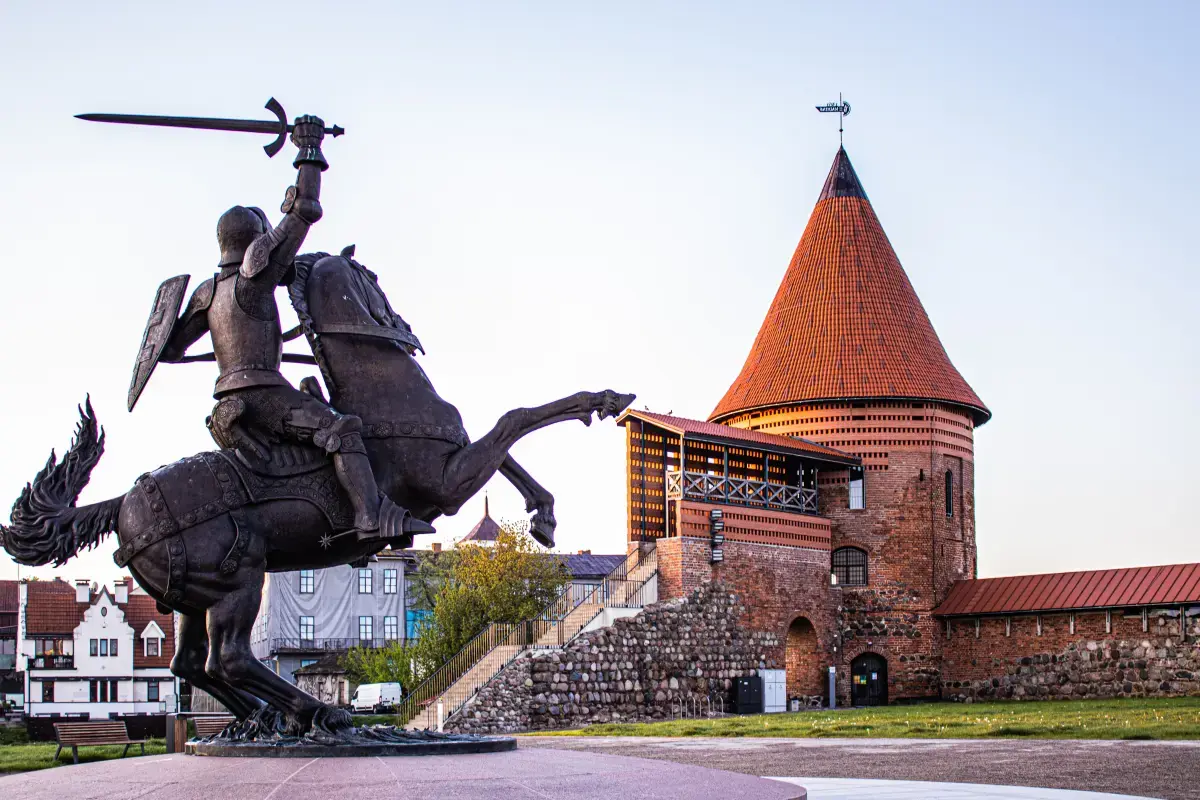
Volunteers
Weather in Lithuania
Lithuania experiences temperate weather year-round, but with greater extremes in winter than most other parts of Europe. The climate can be generally described as humid continental, although the temperate maritime influences of the Baltic Sea make it more moderate than continental climates further east. Lithuania experiences four distinct seasons, with a long, cold winter and a short, humid summer. Winter, which lasts from December to March, can be cold and snowy, with average temperatures ranging from -2 to -7 degrees Celsius. Heavy snowfalls are common, especially in February, and the temperature can drop even lower with gusts of icy wind coming from the north. Although the winter is cold and dark, its still a beautiful time to visit, with picturesque forests, frozen lakes, and snow covered cities in particular. Spring usually makes its appearance in April, with warmer temperatures and plenty of rainfall. Average temperatures range from -2 to 11 degrees Celsius and snow is likely to be gone by the end of April, although flurries are still possible. Easter is the main holiday celebrated in Lithuania during the spring months. Summer brings a lot of warmth, with temperatures commonly ranging from 12 to 20 degrees Celsius. Overcast skies and rain are frequent, but there are also plenty of sunny and warm days. The climate in summer is ideal for taking part in outdoor activities like hiking, cycling, and swimming. Autumn, which falls between September and November, has mild temperatures and lots of rain. The average temperature ranges from 5 to 13 degrees Celsius, with plenty of showers, but also periodic sunny days. The fall foliage is particularly beautiful in Lithuanias forests and parks.
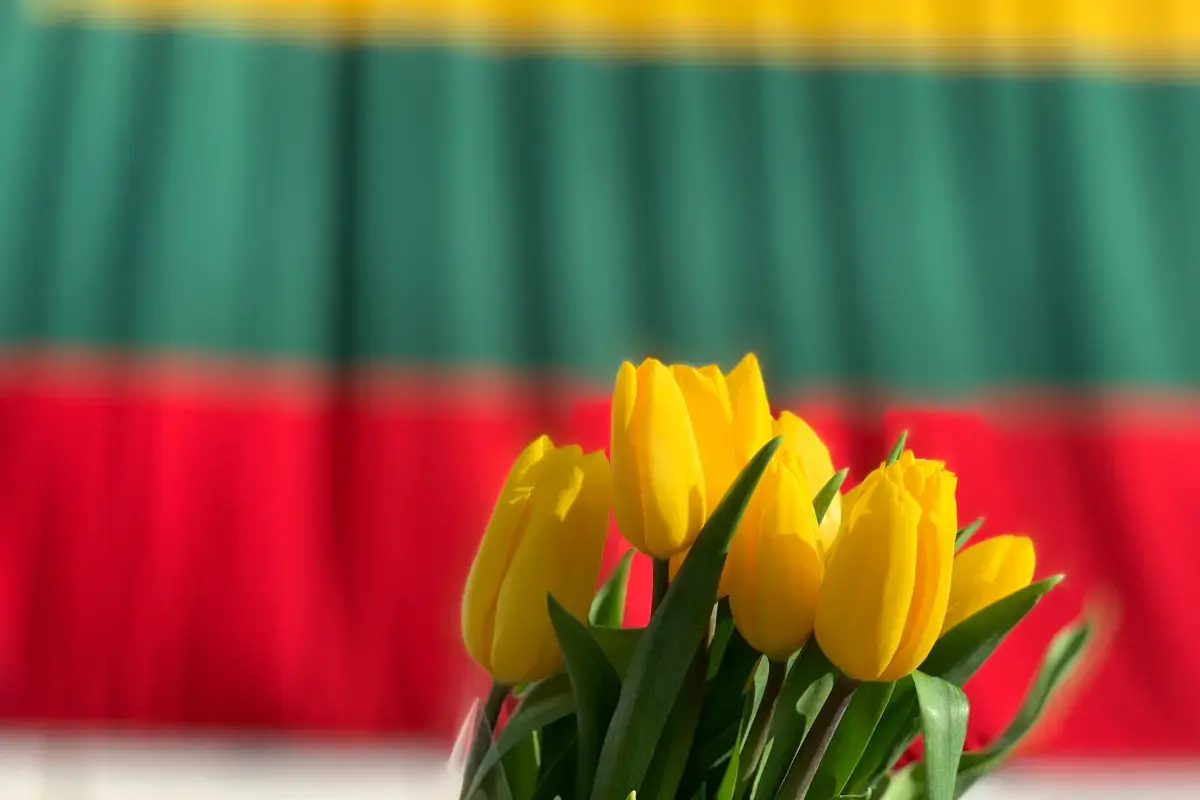
Promote
Tax & Welfare System in Lithuania
The Tax System in Lithuania In Lithuania, the tax system is comprised of a system of national, regional, and local taxes with national taxes making up the majority of total taxes collected in the country. Lithuanian national taxes are known as non-transferable taxes – meaning that they are collected by the Lithuanian government and cannot be offset against taxes due to other countries/jurisdictions. The main national taxes in Lithuania are personal income tax, corporate income tax, Value Added Tax (VAT), land tax, social security contributions, excise taxes and gaming (gambling) taxes. Personal income tax is imposed at a progressive rate of 15–33% depending on a taxpayer’s income bracket. Corporate income tax is a flat rate of 15% on taxable profit with the possibility to benefit from various incentives. Value Added Tax is the main indirect tax in Lithuania. The standard VAT rate is 21%, however special rate of 9% is applied for certain categories of goods and services. Land tax is imposed on non-agricultural land owners. The Tax rate depends on the location and size of the land owned. Social Security Contributions are collected from employees and employers, at 6% and 21%, respectively. Excise taxes are imposed on a range of products including alcoholic beverages, tobacco, energy, cars, and fuel. The rates vary depending on the category of product. Gaming (gambling) taxes are imposed on gaming companies at the rate of 18%. The Social Welfare System in Lithuania Lithuanian social welfare system takes care of all the residents of the country. It provides assistance to families and individuals in various life circumstances, including unemployed, disabled, war veterans and their families, retirees, and people with small incomes. The main social benefits in Lithuania are child benefit, basic support for low-income families, old-age pension, disability allowance, aid for victims of natural disasters and war veterans, unemployment benefits, support for single parents, and housing assistance. Child benefit is a monthly monetary benefit provided to families with children under 18 years of age. The amount of benefit depends on the number of children in the family and their ages. Basic support for low-income families is financial assistance provided to families whose income is below certain limits. The amount of support depends on the size of the family and their income. Old-age pension is a benefit paid to retired citizens over the age of 65. The amount of pension depends on the duration of the contributory period and the amount of contributions paid by the citizen. Disability allowance is a monthly benefit provided to disabled citizens who are not able to work and support themselves. Unemployment benefit is a monthly allowance provided to unemployed citizens. It is a contribution-based benefit and the amount depends on their employment history. Support for single parents is financial assistance provided to family members with sole custody of children. Housing assistance is a financial support provided to low-income families to cover their housing costs. The amount of benefit is determined by various factors such as family size, income, and housing costs.
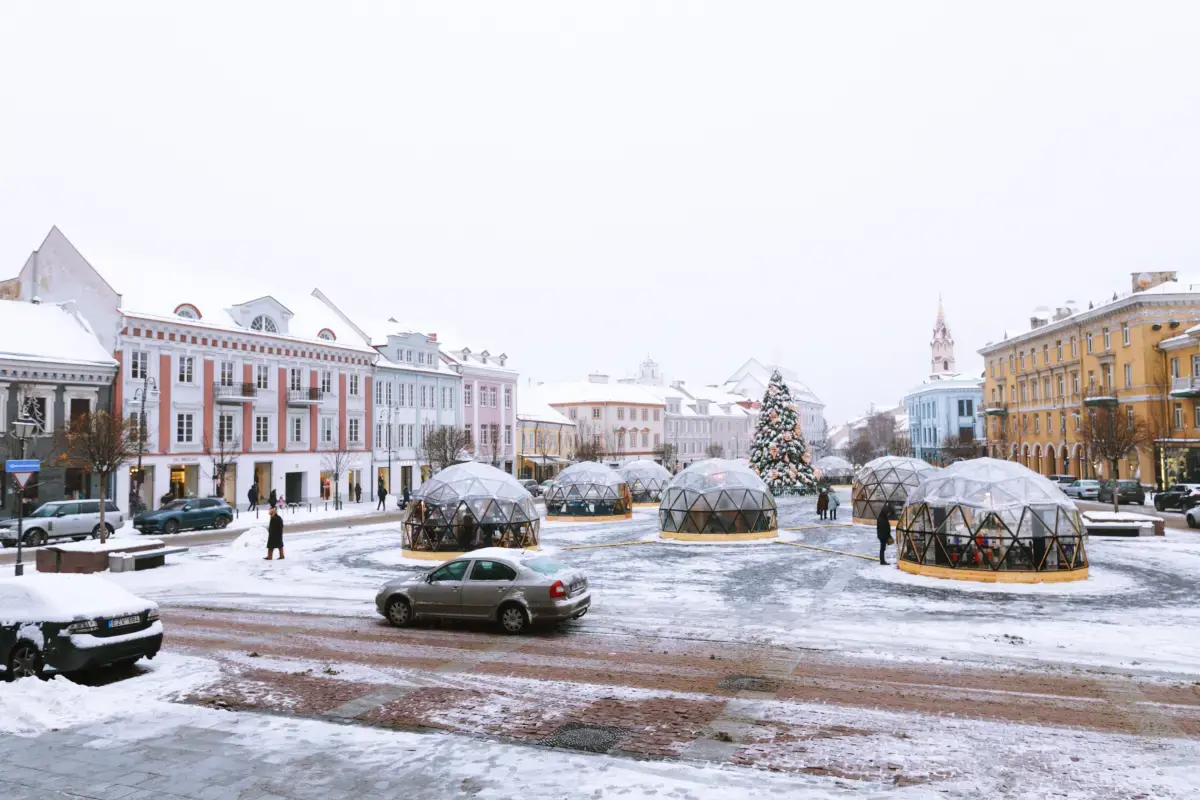
Holidays in Lithuania
Lithuania celebrates 8 national holidays each year. These are as follows: 1. New Year’s Day (January 1): This is one of the most widely celebrated holidays in Lithuania and is a great time for family gatherings. 2. Easter (March or April): Easter is the most important religious holiday in Lithuania, commemorating the resurrection of Jesus Christ. Easter Sunday is celebrated with special services typically starting at midnight and a big feast in the afternoon. 3. Labour Day (May 1): This is an official day off for most Lithuanians, as it celebrates the achievements and contributions of the working class. 4. Restoration of Independence Day (February 16th): This holiday celebrates the restoration of Lithuanian statehood in 1918 after many centuries of foreign rule. 5. Pentecost (May or June): This is one of the major Christian holidays and celebrates the descent of the Holy Spirit upon the apostles of Jesus. 6. DAY OF REESTABLISHMENT OF THE STATE OF LITHUANIA (July 6): This holiday marks the official reestablishment of Lithuanias independence in 1990. 7. Užgavėnės (February or March): This is an important pre-Christian festival that marks the end of winter. It is celebrated with feasting, costumes, and performances of the traditional wild Užgavėnės dance. 8. Christmas (December 25th): Christmas is the most widely celebrated holiday in Lithuania, with most people spending time with family and attending services on December 24th or 25th.
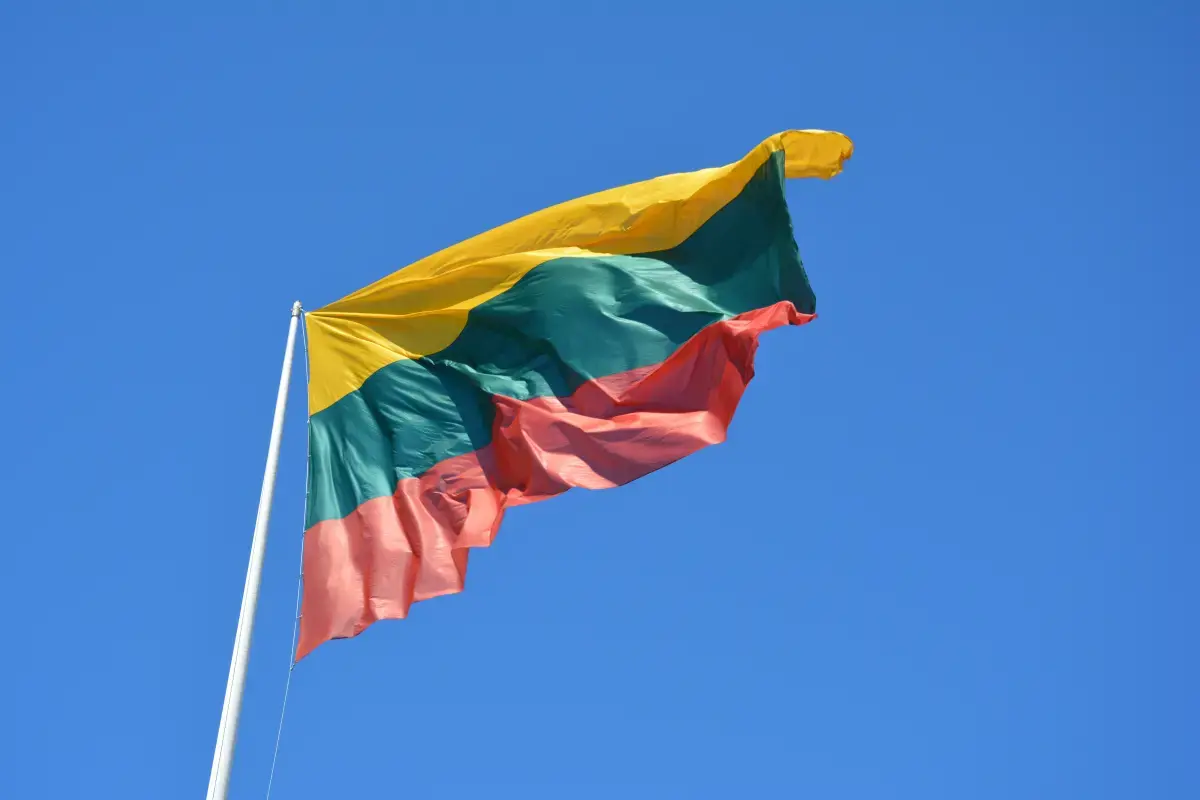
Where to Live in Lithuania
The most densely populated areas of Lithuania are located around the capital city of Vilnius and the Kaunas metropolitan area. Vilnius is the home of one-third of the country’s population and is the largest city in Lithuania hosting a number of industries, educational institutions, and businesses. The majority of jobs in Lithuania are found in the capital city, Vilnius. The job market in Vilnius is quite diverse and encompasses a variety of fields from IT and technology to hospitality and industry. Business, finance, and real estate are some of the most popular sectors in Vilnius and the Lithuanian economy. In addition to Vilnius, the Klaipėda metropolitan area is another area with many job opportunities available. Klaipėda is the third-largest city in Lithuania and a major port on the Baltic Sea. Industries such as port logistics, fishing, and tourism are all represented in this city and the surrounding areas. Klaipėda is also home to the largest university in Lithuania, the University of Klaipėda, which offers students a range of educational opportunities to gain the skills needed for their professional pursuits. Other popular areas for job opportunities in Lithuania include the cities of Kaunas, Šiauliai, and Panevėžys. These cities are home to many industries including manufacturing, healthcare, construction, engineering, and retail. Additionally, these cities offer high-quality educational institutions along with a variety of cultural and entertainment attractions. Overall, Lithuania is home to a strong and vibrant job market and offers a range of opportunities to those who live in and around its cities.
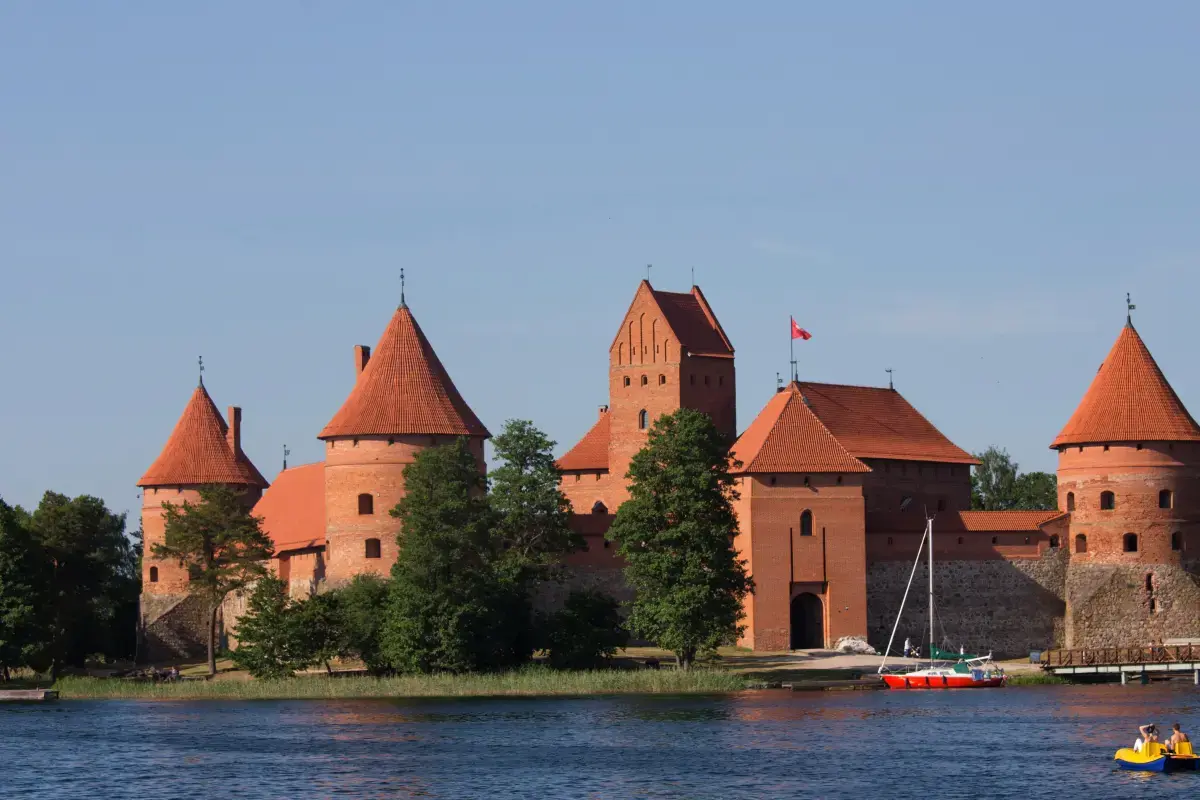
Sports & Recreation in Lithuania
In Lithuania, there are a wide range of popular sports and recreational activities available. The most popular sports to play in Lithuania include basketball, football, volleyball, ice hockey and handball. Summertime leisure activities include beach volleyball, fishing, hiking, cycling and swimming. The most popular sport in Lithuania is basketball. Basketball is the countrys national sport and Lithuania has achieved considerable success in international competitions, most notably winning bronze medals in the 2000 and 2004 Summer Olympic Games in Sydney and Athens respectively. Lithuanian teams have also achieved success in European competitions. Football is also a popular sport in Lithuania and the national team has had some notable achievements in recent years. Ice hockey is also highly popular in Lithuania and the national team has often appeared in international tournaments. Recent successes include the bronze medals won at the World Junior Championships in 2008 and 2018 Volleyball is another popular sport in Lithuania and the country has consistently achieved strong performances at international competitions. Handball is also enjoyed by many Lithuanians and the national team has had some success in the past few years. Other popular recreational activities played in Lithuania include beach volleyball, fishing, hiking and cycling. These recreational activities offer an enjoyable way to explore the countrys stunning landscapes and historic sites. Swimming is also a popular leisure activity, with several public swimming pools available across Lithuania.
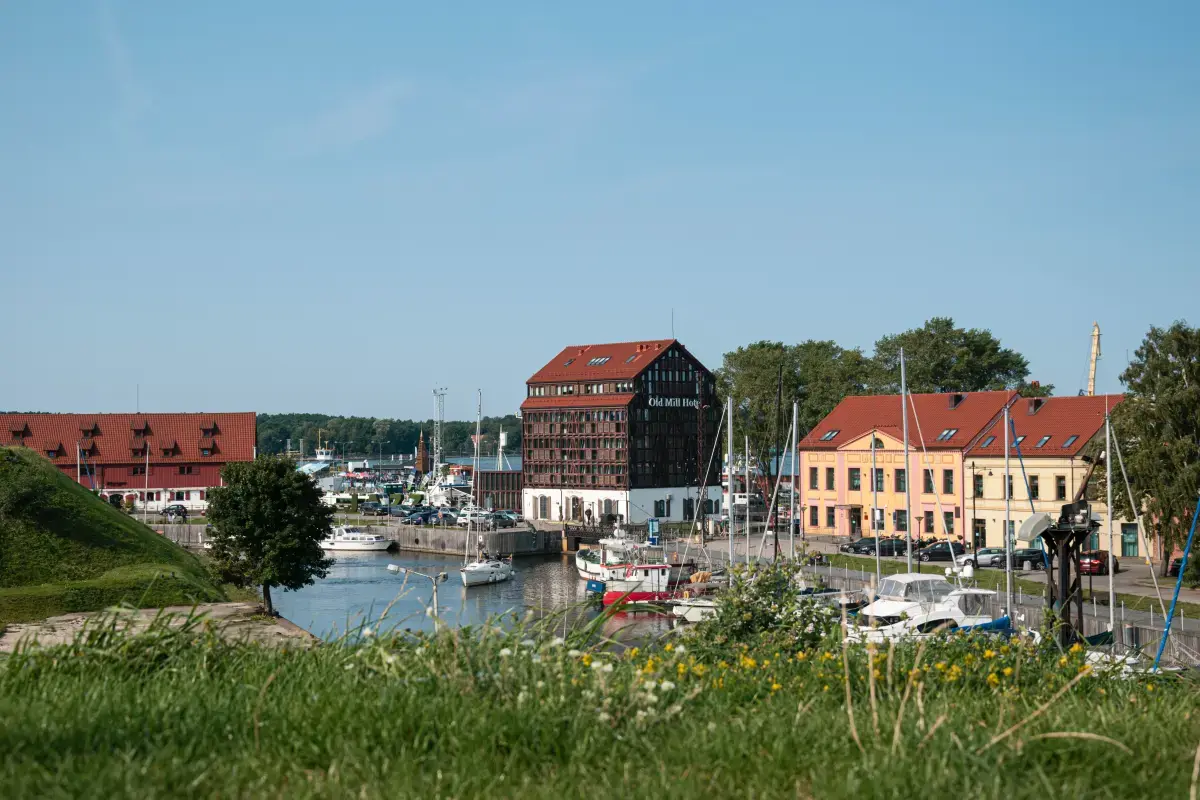
Cost of Living & Housing in Lithuania
The cost of living and housing in Lithuania is generally quite low compared to other European countries. Average rents in the main cities, such as Vilnius and Kaunas, are just under €500 per month. This is quite affordable. In the smaller towns and rural areas, the rent is even lower. The cost of food is also quite reasonable with basic products costing between €0.50 - €2.00. Eating out at local restaurants is affordable, with dishes typically ranging from €2.50 - €7.00. Utility costs in Lithuania generally range from around €50 - €100 per month depending on individual usage. This covers water, electricity, gas, and internet connections. Transport costs in Lithuania are relatively low, with bus and train tickets ranging from €0.50 - €3.00. Taxis are slightly more expensive, with fares ranging from around €4.50-€7.00. Overall, the cost of living and housing in Lithuania is quite affordable compared to many other European countries making it an attractive destination for tourists and people looking to move abroad.
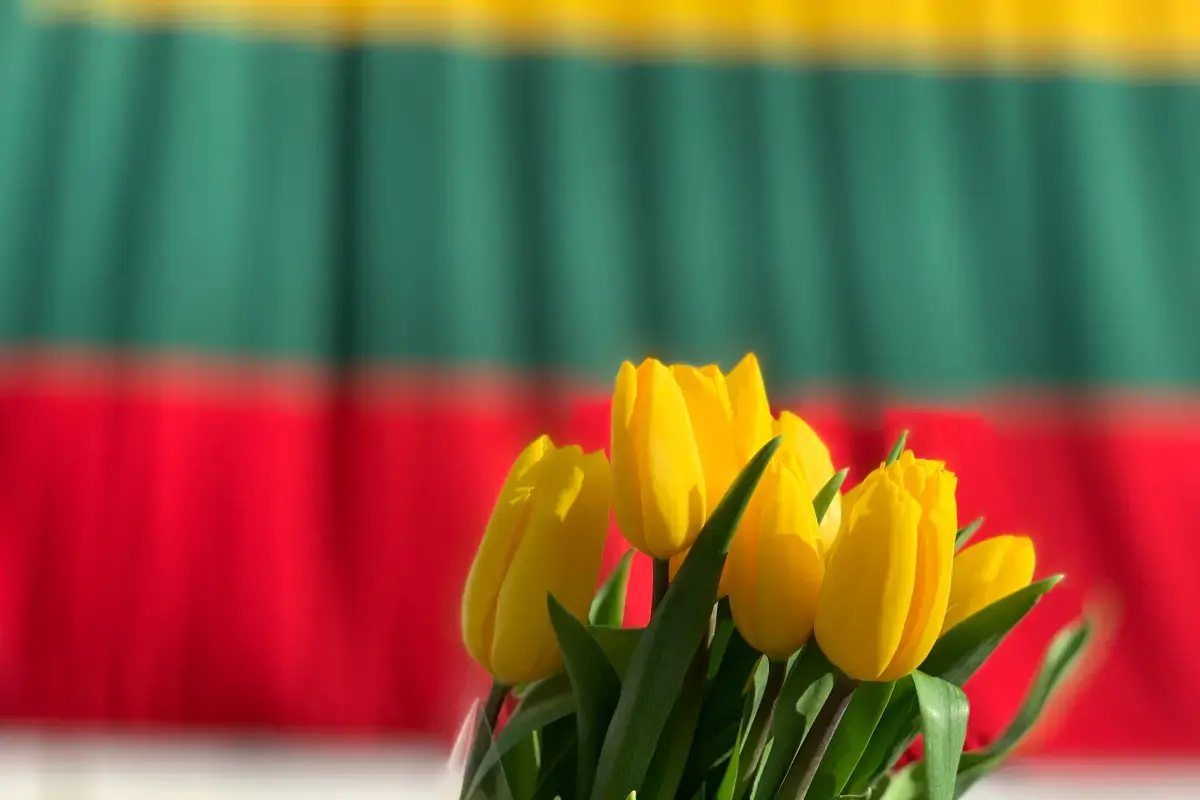
Finding a Job in Lithuania from Overseas as a Foreigner?
Use our Job hunting & job seeking guide to help your job searching easier.

The Best Rated Top 20 Recruitment Agencies in Lithuania
When searching for a Job from Overseas, reaching out to established Recruitment Agencies can help in your Job Search in Lithuania

What are the Best job boards in Lithuania
Jobseekers searching for jobs in Lithuania find the below job portals in in Lithuania as the best job websites for finding employment in in Lithuania
Best International Removals Companies to/from Lithuania
When the move to Lithuania gets closer, finding local and international removals companies that suit your requirements are critical. Find a list of the best companies Near You.
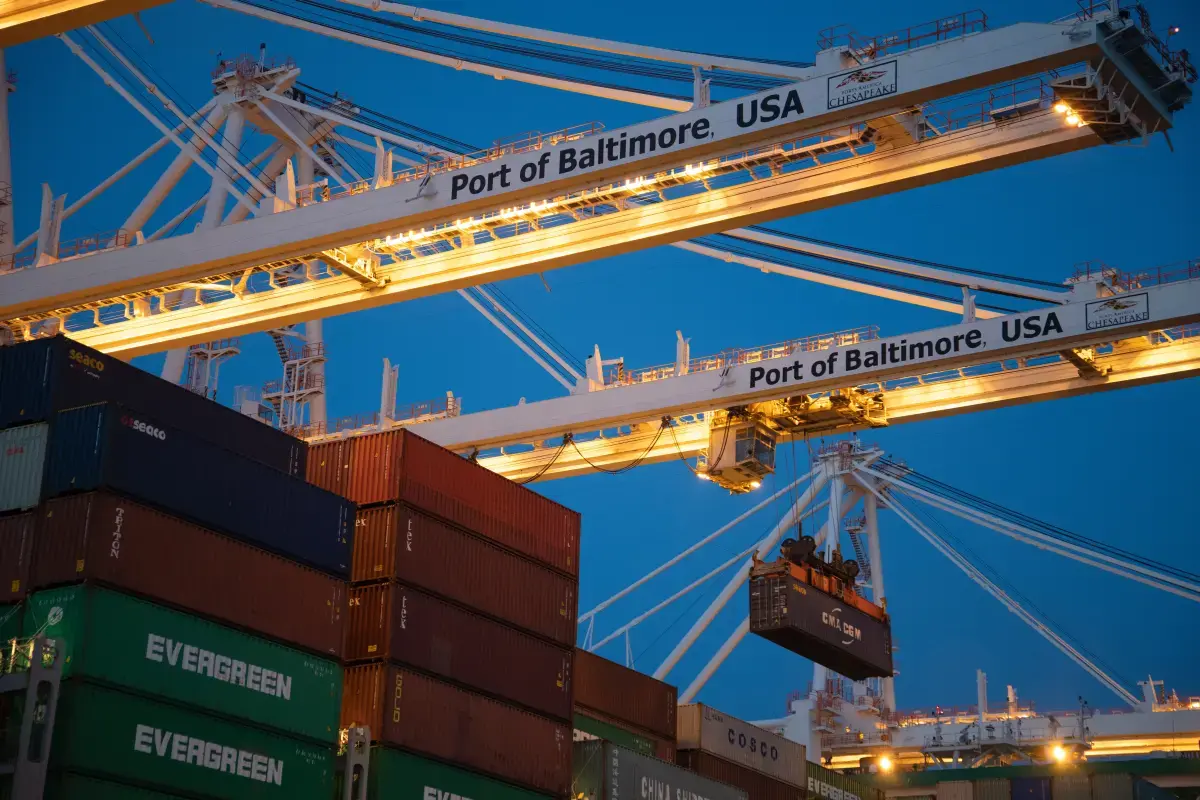
Expat info about living in
Don't just take our word for it.
Use the Best Forums in Lithuania to obtain all the independent advise about moving, living & working in Lithuania

Immigration Advice and Visa InformationLithuanian
Need assistance with obtaining the correct Visas and Work Permits in Lithuania.
- Get expert advice to make the move to Lithuania as easy as possible
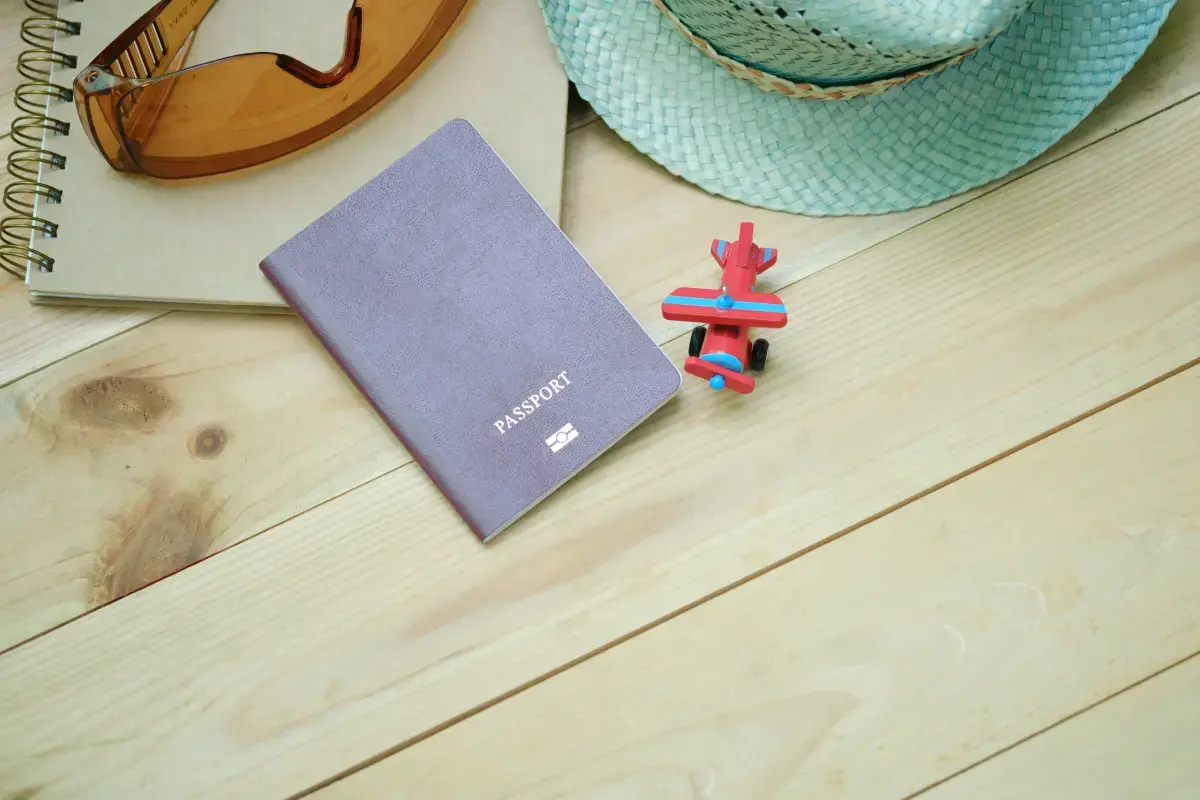
Find Trusted Local Home Services
When you arrive, understanding the Best Local Services to help with your odd jobs and tasks around the home is essential.
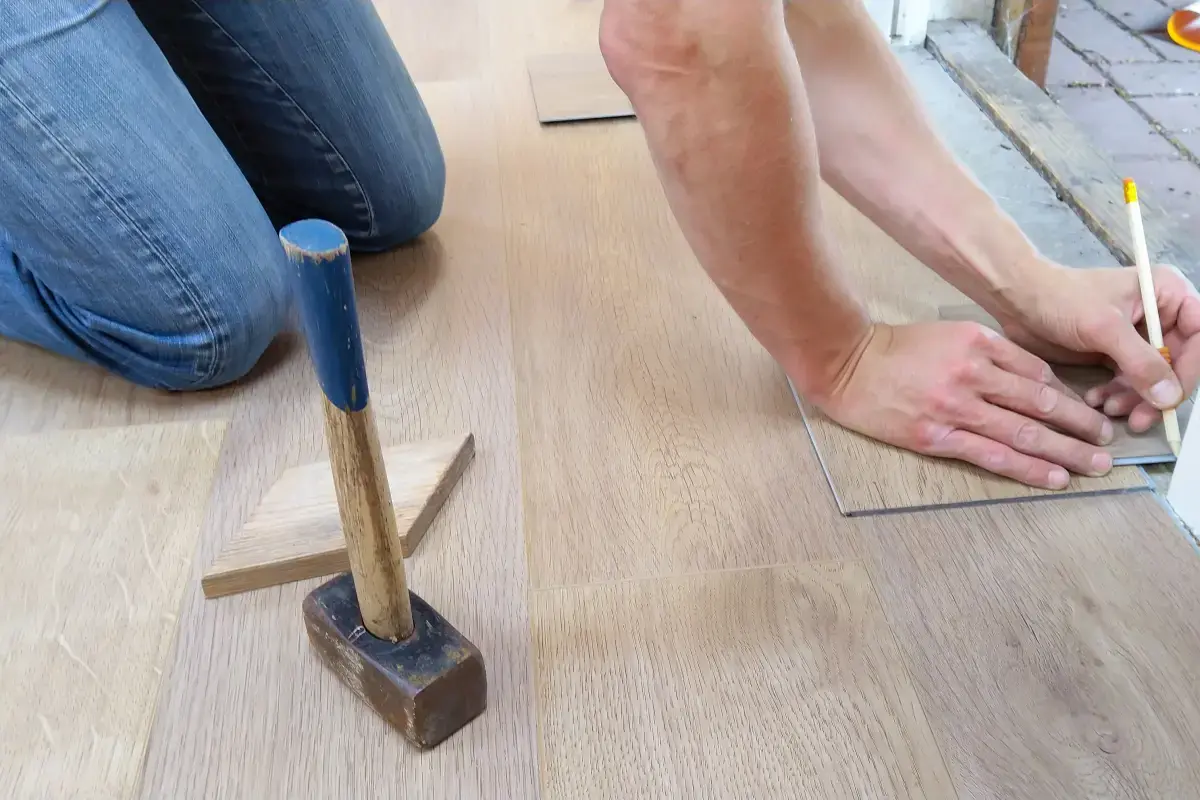
Best Areas to Live in Lithuania
Popular towns, cities and regions that are proving popular with migrants moving to Lithuania
Study and Higher Education in Lithuania
Search our list of all universities in Lithuania to help your reach your educational goals.
- Find the Best University in Lithuania that suits your needs
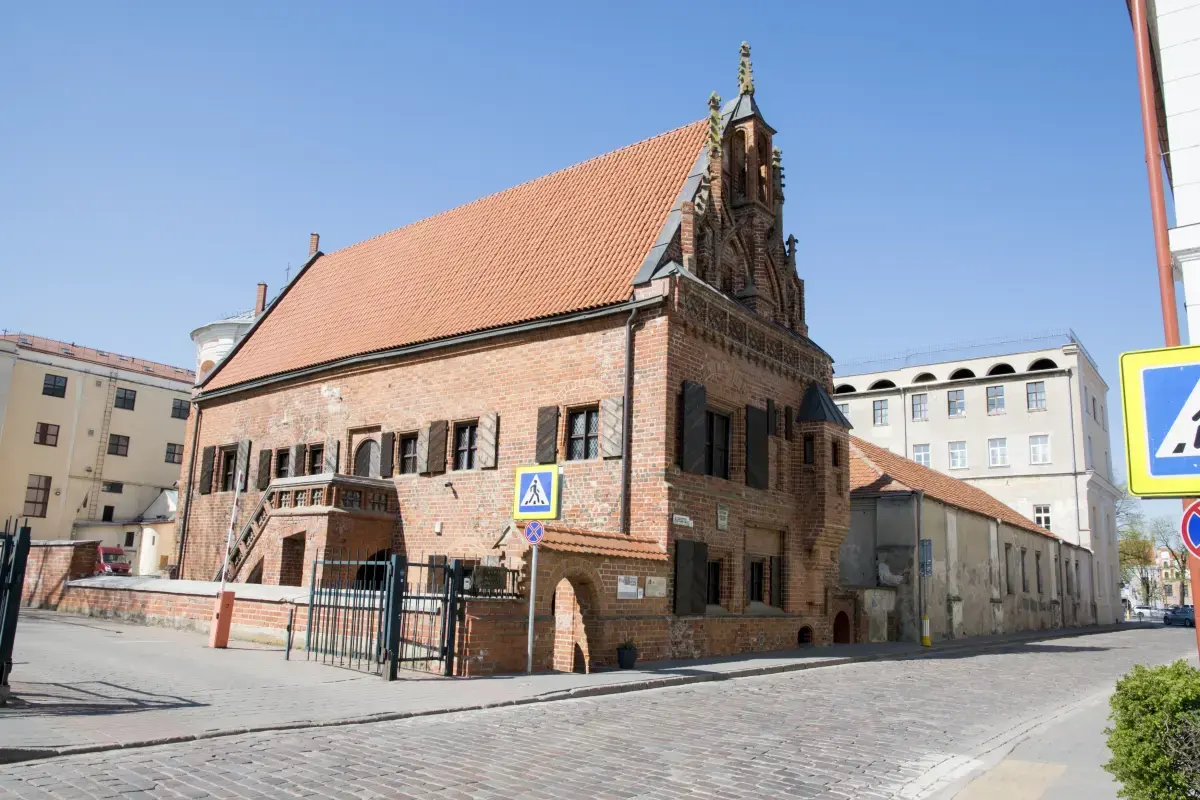
Featured Locations
Frequently Asked Questions
- Construction
- Business Analysis
- Web & App Development
- Animation
- Nursing
- Teaching
- Engineering
- Marketing
- Plumbing
- Carpentry
- Software Engineer
- Data Analyst
- Hospitality Staff
- Builders
- Full-time
- Part-time
- Permanent
- Freelance
- Gig Jobs
- Contract
- Weekend work
- Out of Hours
- Night shift
- Casual
- Temporary
- Remote
- Work From Home
- Work From Anywhere
- Telecommuting
- Flexible
See here for more Help & Support questions

